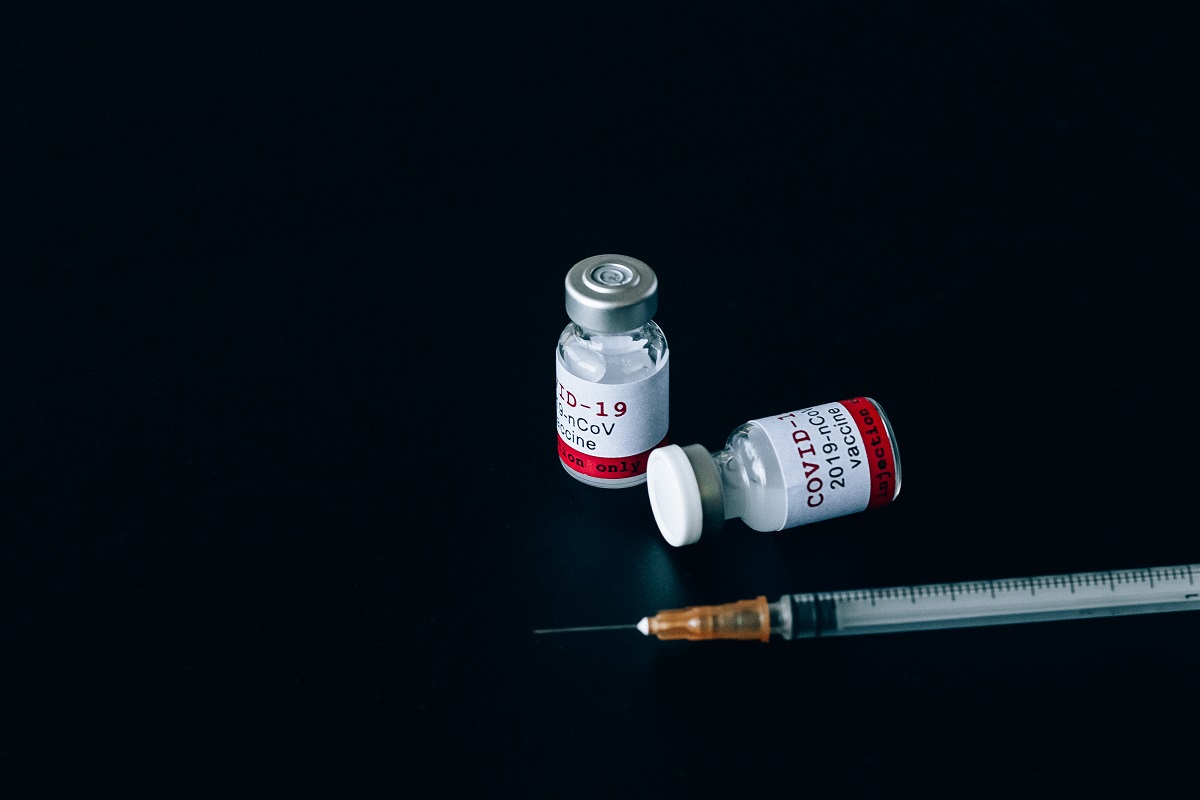After enduring almost a year of staying at home, there is no doubt that all of us want to get the COVID-9 shot. But with the vaccine roll-out came a slew of questions — what brand of vaccine should we get? Is it safe? What if we’re allergic?
Vaccine allergies aren’t anything new. But they are uncommon. In fact, we’re more likely to be struck by lightning than to have an allergic reaction to a vaccine. So why do some people claim that they’re allergic to vaccines, and thus cannot get any shots?
The huge discussion about vaccine allergies re-emerged in 2019, between the flu and measles outbreak seasons in the U.S. That year, it was found that a growing number of people aren’t keeping up with their vaccines. And the leading reasons for it include severe adverse and allergic reactions.
Now that vaccines are a hot topic in the news again, concerns about allergic reactions are blowing up once more. So far, we’ve already heard of a couple of incidents where people who recently got the shot fell ill. If vaccine allergic reactions are so rare, why does it seem like many people are experiencing them lately?
Debunking Misconceptions About Vaccine Allergies
Dr. Zainab Abdurrahman, the co-author of a paper published in the Canadian Medical Association Journal (CMAJ), says that the belief that allergy and potential anaphylaxis to vaccines is common arises vaccine hesitancy, prompting people to just avoid shots instead of understanding them first. What they don’t know is that vaccine allergy is extremely rare; the odds of experiencing it is about 1 in 760,000.
Anaphylaxis, or severe allergic reactions, shows up within minutes of receiving a vaccine. It is unlikely to appear 30 to 60 minutes after being vaccinated, and even more so after hours.
Reactions such as hives or swelling outside the injected site, or wheezing, actually suggest a systemic reaction, according to Dr. Richard Rupp of the Sealy Institute for Vaccine Sciences at the University of Texas Medical Branch. If not, then those reactions might’ve been caused by another condition that simply coincided with the vaccination.

Fever, pain, and mild swelling aren’t allergic reactions either. So are headaches, chills, and muscle aches that occur anywhere between 7 and 21 days after the vaccination. Instead, these symptoms are indicative of your body building an immune response against the disease.
You get these symptoms because vaccines work by activating the immune system. And once the immune system gets stimulated, it can cause the feeling of illness because it’s battling a substance it identifies as a foreign body. That’s how your body eventually becomes immune to a certain disease.
Another common misconception is that you shouldn’t get shots if you’re allergic to eggs. That’s because some vaccines in the past contained egg ingredients. But most vaccines today no longer do, or still have some, but in tiny amounts. The only vaccine with egg protein these days is the one for yellow fever. Hence, it may indeed cause allergic reactions if you’re allergic to eggs.
If you still experience anaphylaxis or any other reactions on the injected site, it could be latex or the syringe itself that you’re allergic to. The gelatin or yeast ingredient in the vaccine is a possible cause as well. In any case, it’s very rare for someone to be allergic to the vaccine itself.
Determining Whether You Shouldn’t Get Shots
To best ensure your health, book an appointment with an allergy test clinic. An allergist will confirm if you really have a vaccine allergy. If you do, they’ll be the ones to safely immunize you.
With regard to the COVID-19 vaccine, experts say that it is safe for most people. But some groups may need to make extra considerations before getting the shot. These include:
- People with confirmed allergies
- Pregnant or breastfeeding moms
- COVID-19-positive patients
- People with underlying medical conditions
- Children and adolescents
If your history of allergies isn’t related to vaccinations, like food, latex, pets, or venom, you can still receive the shot safely. But if you showed signs of anaphylaxis after your first shot of the COVID-19 vaccine, you shouldn’t come back for the second. The same rule applies even if you showed non-severe allergic reactions.
Those without past cases of anaphylaxis from a vaccine will be monitored for 15 minutes following their COVID-19 shot. They’ll be observed for a longer time if they have a history of severe allergic reactions to a vaccine.
All in all, whether you had vaccine allergies in the past or not, you don’t have to worry about anything while getting the COVID-19 shots. Safeguards are in place, the Centers for Disease Control and Prevention (CDC) has placed recommendations for health facilities administering the vaccines. Rest assured that you’ll be well taken care of and that your safety is the top priority.